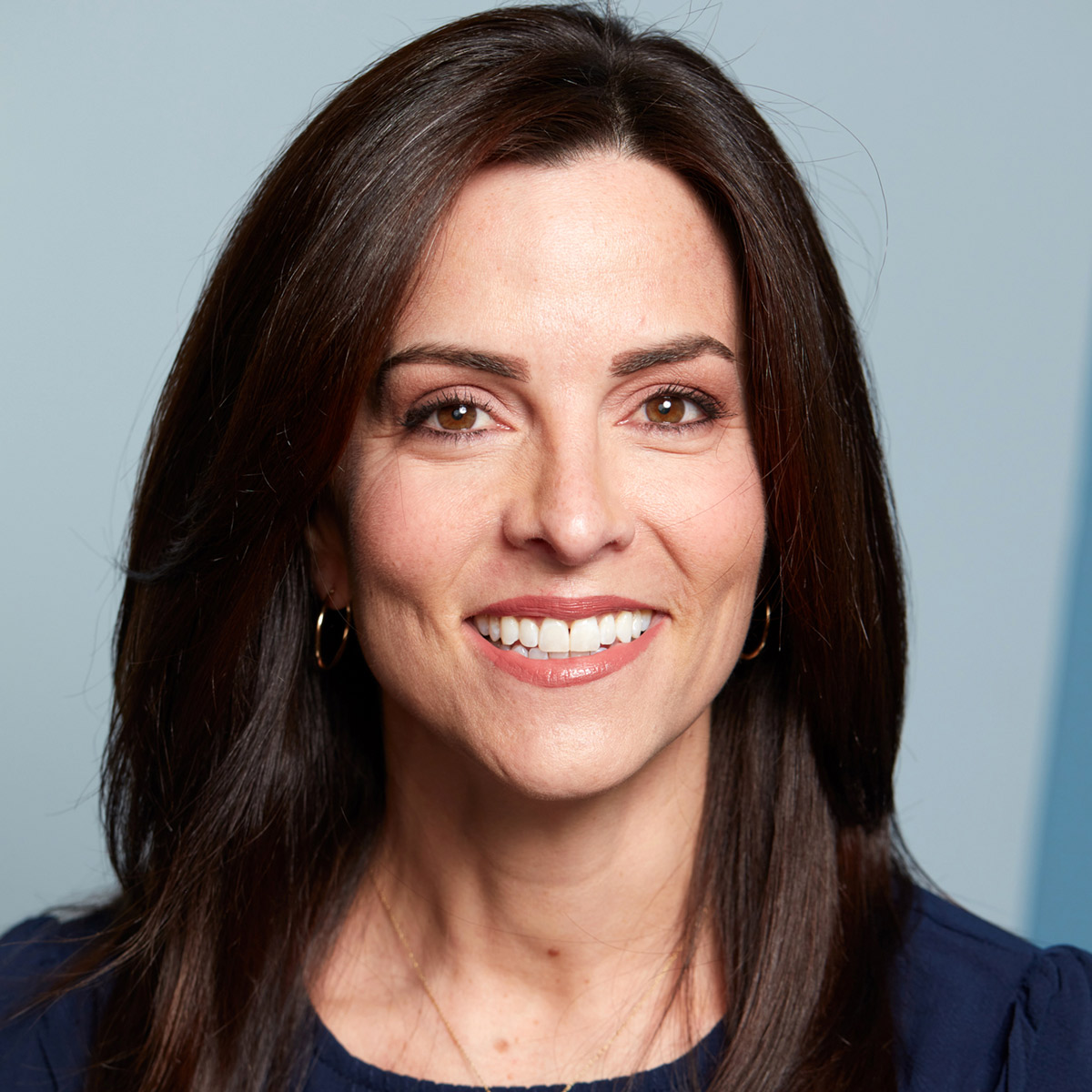
Best Free and Paid Weight-Loss Apps
Key takeaways:
Weight loss can be a challenge for many people. Weight-loss apps can help you reach your goals.
Many weight-loss apps come with free features. But to get the most out of an app, you may need to pay for a premium membership.
Some of the most common features of weight-loss apps include calorie counting, food tracking, and exercise logging.
Table of contents

A weight-loss app is a tool that can help you reach weight goals, eat nutritious foods, and get more exercise. Tracking your weight and logging your meals can make you more aware of your eating habits, food choices, and behaviors.
Here, we’ll look at the features of the best premium and free weight-loss apps. Plus, we’ll share an expert’s advice on what to look for in an app and how to use it to get the best results.
Best premium weight-loss apps
Premium weight-loss apps usually cost money. In return, you’ll get extra bells and whistles to help you on your journey.

GLP-1 Nutrient Support
Explore dietitian-formulated, doctor-approved supplements from Whole Health Rx that work alongside GLP-1 medications for a balanced approach to weight loss.

Many apps offer subscription discounts if you sign up for a longer period of time. And some have promotions throughout the year. Below are standard prices to give you an idea of costs.
Here are some top picks for premium weight-loss apps.
DoFasting
DoFasting promotes intermittent fasting, the practice of eating at certain times and avoiding food at others. After taking a comprehensive quiz, the app creates a customized plan for you. Features include real-time updates, over 5,000 recipes, and articles with information about intermittent fasting:
Keto Cycle
Keto Cycle is designed for anyone new to the low-carb, high-fat ketogenic diet. The app puts together a personalized plan based on your age, health, and lifestyle. It offers guidance from keto experts, meal planning with over 10,000 keto recipes, and community support:
LoseIt! Premium
LoseIt! is first and foremost a calorie counter and nutrition tracker. If you want to know if you’re getting enough macronutrients, it’ll tally the fats, proteins, and carbohydrates you eat daily.
Weight loss beyond dieting: You don’t need a special diet to manage or lose weight. Check out these tips for losing weight without dieting.
Weight loss 101: If you’re looking to change your weight, check out these evidence-based tips on what works for weight loss.
Best sleep apps: Quality sleep is important for weight management and overall health. Here’s how apps for sleep may help you get some rest.
Track meals, scan food labels, and get food suggestions based on your DNA with LoseIt!. To do this, upload your genetic information from sites such as AncestryDNA or 23andMe:
MyNetDiary Premium
MyNetDiary is a calorie counter and food and nutrition tracker. It can track over 100 nutrients, including carbs, fats, and proteins. You can either count calories or choose from one of five diet plans: keto, low-carb, low-fat, high-protein, or vegetarian:
Noom
Noom uses cognitive behavioral therapy (CBT) strategies to help you better understand yourself, your food choices, and your behaviors. The app provides daily support and accountability to keep you on track.
Noom includes a database of over 1 million food items, meal plans developed by registered dieticians, and more than 1,000 interactive lessons:
Perfect Body
Perfect Body promotes the idea that if you eat what you love, you’re more likely to stick to your diet. It offers over 1,000 easy recipes you can make with your favorite ingredients. The app teaches nutritious, sustainable eating habits, adjusts meal plans to meet your body’s needs as you lose weight, and offers space to add a personalized exercise plan:
Reverse Health
Reverse Health is a 12-week coaching program designed for people going through perimenopause, menopause, or post-menopause. The app’s nutritional guidelines are designed to help reduce menopause symptoms and promote sleep. The app also provides 24/7 coaching with registered dieticians:
Simple
Simple is a diet-free weight-loss app that focuses more on making nutritious food choices and less on restrictive eating. Its AI personal assistant, Avo, has been trained by healthcare professionals and registered dieticians. You can upload a photo to log your meals, get instant feedback on your food choices, and get your wellness questions answered anytime:
WeightWatchers
WeightWatchers, more commonly known as WW, creates a daily points budget based on your current weight and weight-loss goals. No foods are off-limits, but staying within your points budget is key to losing weight. WW includes over 13,000 recipes, 450 restaurants, and 24/7 access to a live WW coach:
Best free weight-loss apps
If you’d prefer a free option, these weight-loss apps provide plenty of features you can use without paying. These apps also offer extra features at a cost.
Cronometer
Cronometer is a comprehensive calorie counter that tracks fats, carbs, and protein. It also tracks your exercise habits. Cronometer supports particular diets (like keto or vegan), provides a fasting timer for intermittent fasting, and includes a database of over 1.2 million foods:
Fitbit
You’ve probably heard of Fitbit devices for tracking steps. The app, which can be used without a Fitbit device, can also support your health and fitness journey. It tracks your food, activity, and sleep.
Fitbit can also help you be more active, track your heart health, and make healthier food choices. Plus, the app offers tips for getting better sleep and reducing stress:
Fooducate
Fooducate’s daily meal suggestions and behavior tips may make it easier for you to stick to your diet plan. Fooducate can make meal recommendations for medical conditions such as diabetes, high cholesterol, and heart conditions. Its calorie calculator also lets you know if you’re eating too many or too few calories:
Lifesum
Lifesum tailors meal plans to fit your food preferences, including keto and Mediterranean diets. Lifesum empowers users to build more nutritious eating habits, improve sleep, and increase activity levels:
MyFitnessPal
MyFitnessPal helps you track your daily calorie intake by subtracting the calories you eat to show how many you have left. Its nutrition insights let you know what’s working and what’s tripping you up, so you can customize your choices.
MyFitnessPal offers free calorie tracking, a personalized daily plan, and a database with over 18 million foods from around the globe:
How should you use a weight-loss app?
You can use a weight-loss app for everything from counting calories to finding community support, depending on the app’s features. Here’s a list of things you can do with a weight-loss app:
Set weight-loss and exercise goals
Track calories
Log meals
Monitor physical activity
Scan food packages
Interact with other users
Get support from weight-loss coaches
Read or listen to motivational messages
Learn strategies to battle overeating and resist cravings
What should you look for in a weight-loss app?
Weight-loss apps come with a wide range of features. Some promise rapid weight loss, while others focus on healthy habits for the long term. Becca Krukowski, PhD, a behavioral weight management expert and spokesperson for The Obesity Society, shared the following tips for choosing an app.
Shoot for realistic weight-loss goals
“Make sure to avoid the weight-loss app equivalents of ‘get rich quick’ schemes, where there are promises of losing large amounts of weight in short periods of time,” Krukowski said. “Reasonable weight-loss apps will have you aim for about a pound per week of weight loss.”
Look for a diet app that fits your preferences
“All weight-loss diets are similar in their level of success, so it’s important to choose an app that you can enjoy and maintain over the long term,” Krukowski said. “For example, if you commonly find yourself getting ‘hangry,’ intermittent fasting may not be the best fit for you.”
Aim to slowly raise activity levels
“Physical activity is particularly important to maintain weight loss,” Krukowski said. “Choose an app that incorporates gradual increases in physical activity.”
Log your weight regularly
“Tracking your weight lets you know how well the changes that you’re making with your diet and physical activity are working for you,” Krukowski said. “Your app would ideally have a way for you to track your weight and see trends over time.” Krukowski also suggested weighing yourself at the same time every day.
Track what you eat and drink
“Diet tracking is one of the best predictors of who will do well in a weight-loss program,” Krukowski said. “Make sure your app includes an easy diet tracking system.”
Features that can make tracking easier include a “foods you eat frequently” option, barcode scanners, and recipe importers.
Look for community and accountability
“Weight loss can be tough without accountability and support,” Krukowski said. “Look for an app with accountability features and social support for when you’re experiencing challenges.”
Risks of weight-loss apps
For people with eating disorders or disordered eating, weight-loss apps can worsen symptoms.
One study found that people who used a calorie-tracking app for weight control were more likely to:
Become preoccupied with food
Engage in all-or-nothing thinking about food
Have food anxiety
Engage in purging behaviors
If you’re having trouble with an eating disorder or disordered eating, you may want to take a break from weight-loss apps. You may also want to talk to your primary care provider or an eating disorder specialist. They can share management strategies with you and help you get to a comfortable weight safely.
Frequently asked questions
There are lots of different platforms that rate weight-loss apps. Some are based on user feedback, like the ratings you see in the Apple App Store and Google Play. Many websites also rate weight-loss apps. All of these can be biased and don’t necessarily mean that you’ll enjoy a particular product. Before paying for an app, consider trying its free version.
There’s no quality research to show that hypnosis apps work for weight loss. In general, hypnotherapy seems to work best when you combine it with other treatments, like CBT. If you’re curious how hypnotherapy may help support your weight-loss goals, it’s best to connect with a healthcare professional.
The bottom line
Weight-loss apps are handy tools if you’re looking to lose a few pounds (or more). They promote healthy eating habits, physical activity, and community support. Some apps also help you better understand why you make certain choices and how to change your behaviors.
Since most apps have free versions, you can try them out before paying for premium features.
Why trust our experts?



References
Eikey, E. V. (2021). Effects of diet and fitness apps on eating disorder behaviours: Qualitative study. BJPsych Open.
Ghelani, D. P., et al. (2020). Mobile apps for weight management: A review of the latest evidence to inform practice. Frontiers in Endocrinology.
Lose It! (n.d.). What is Lose It! Premium?
Messer, M., et al. (2021). Using an app to count calories: Motives, perceptions, and connections to thinness- and muscularity-oriented disordered eating. Eating Behaviors.

























